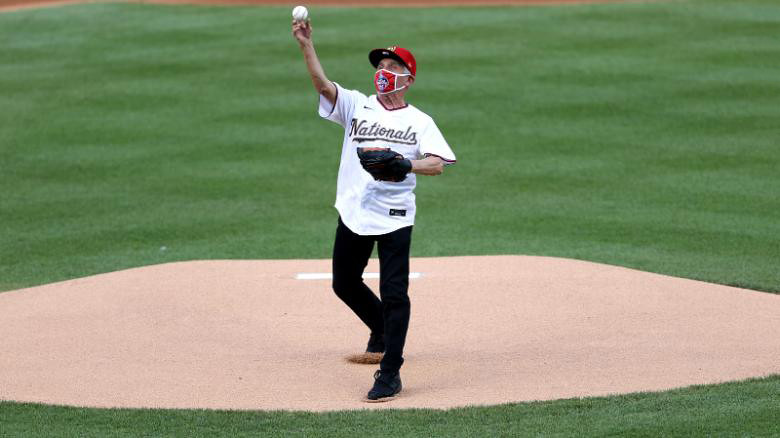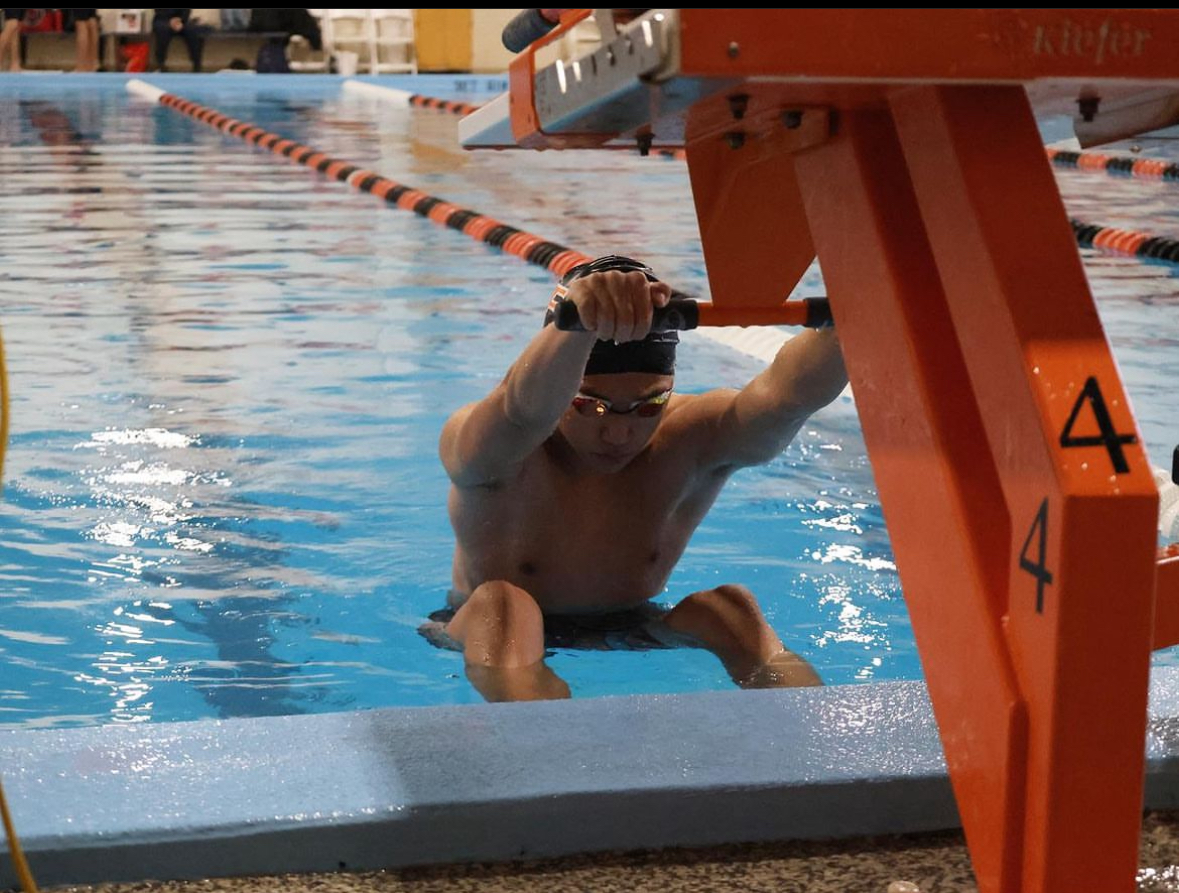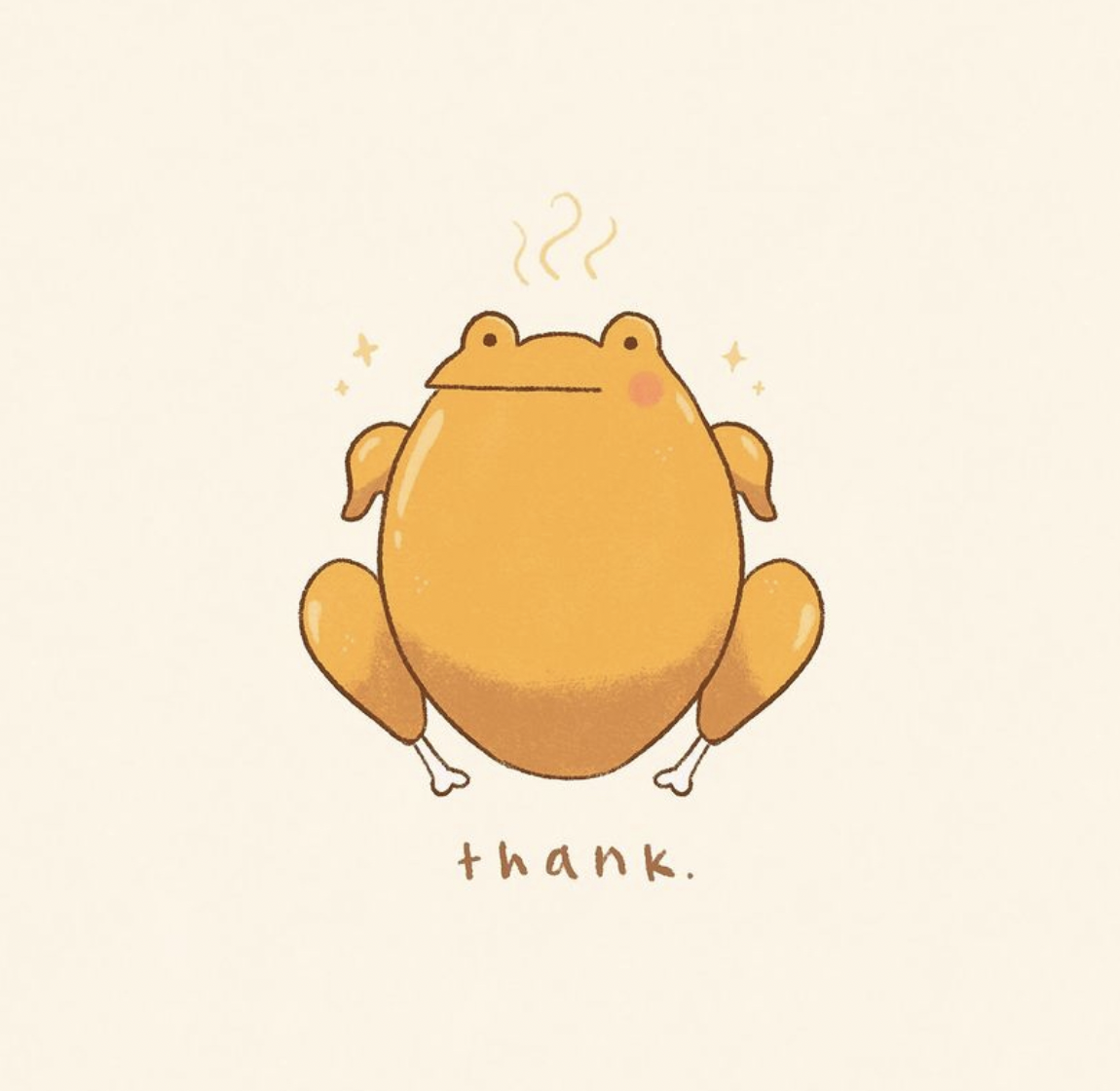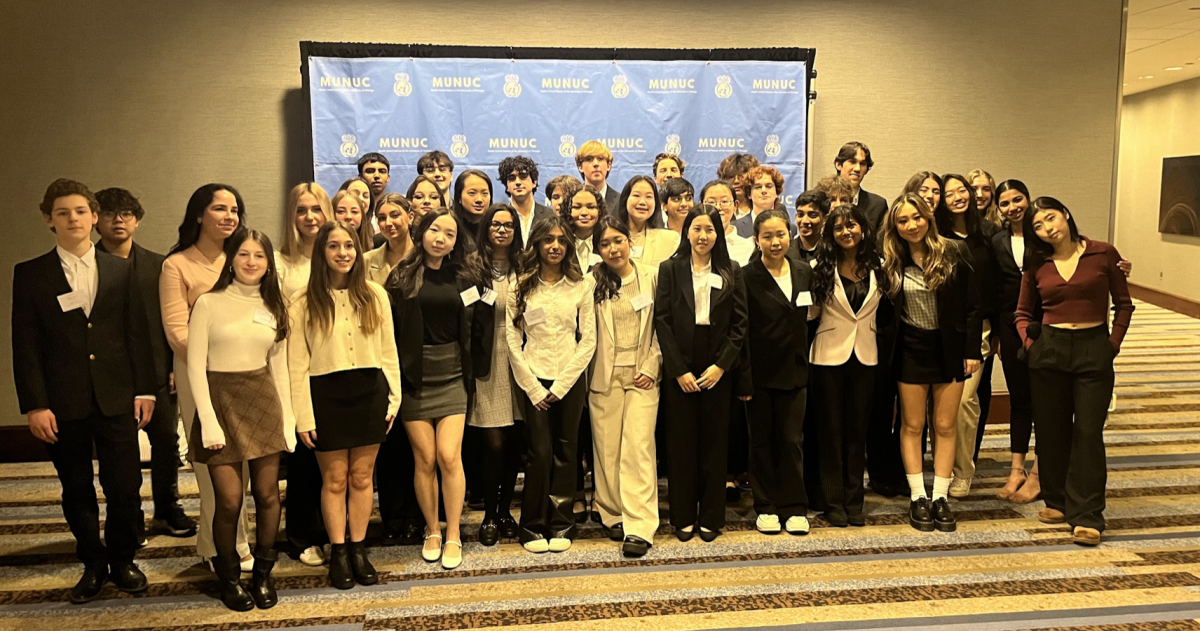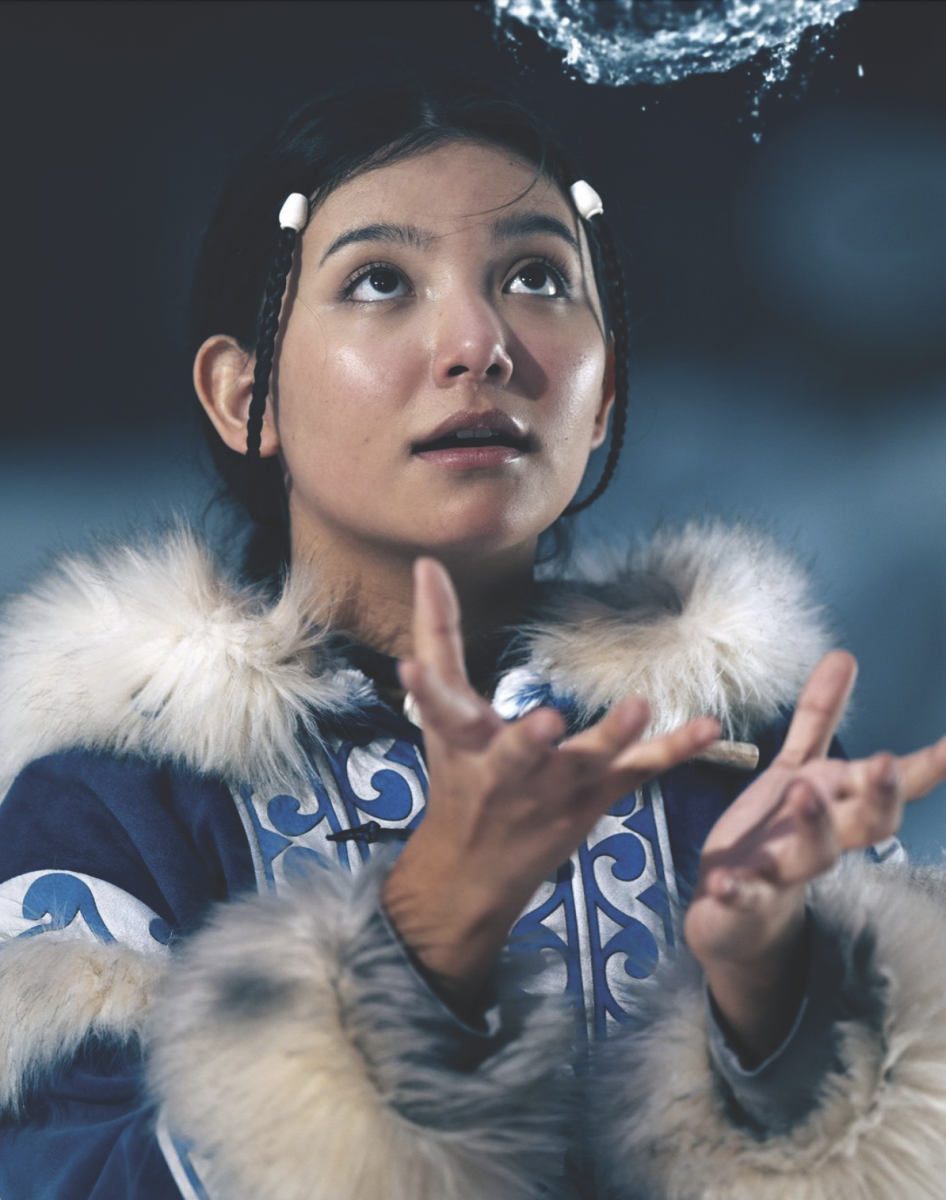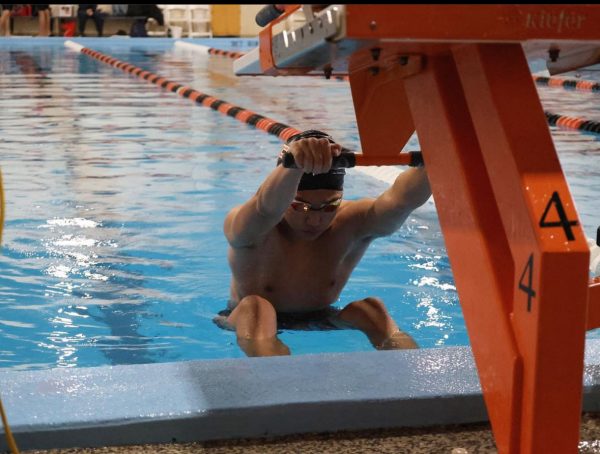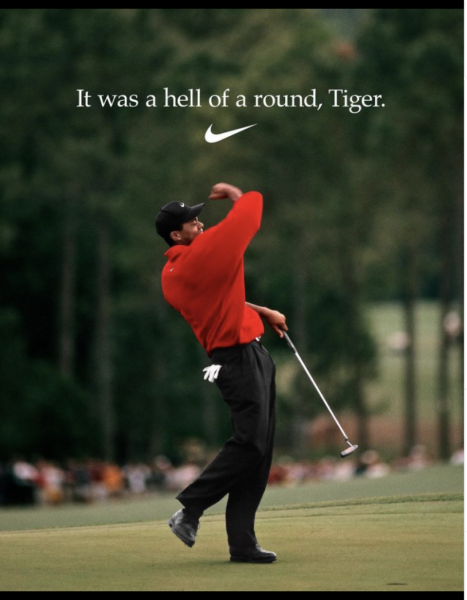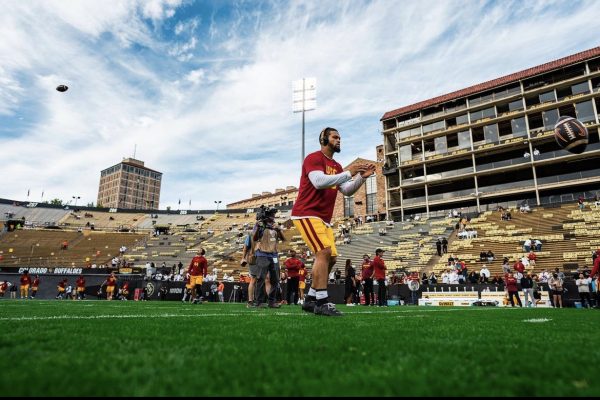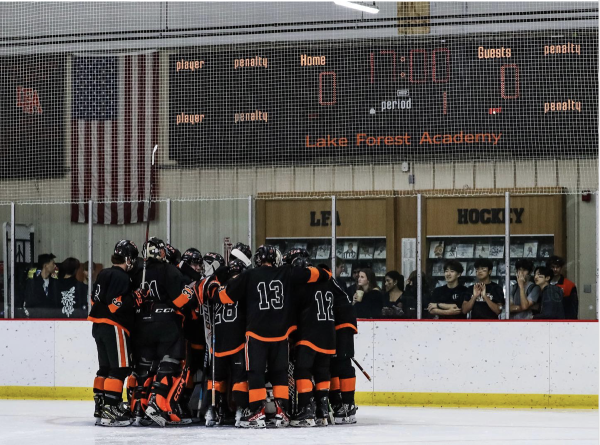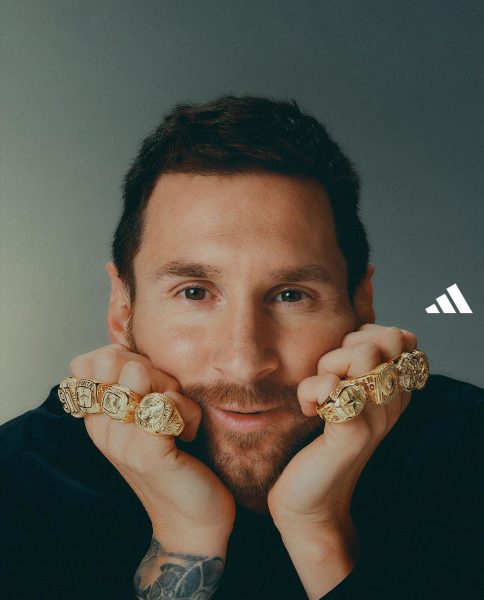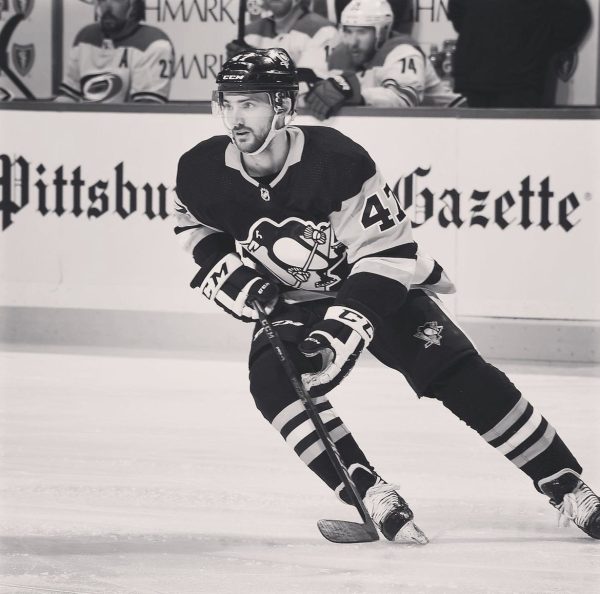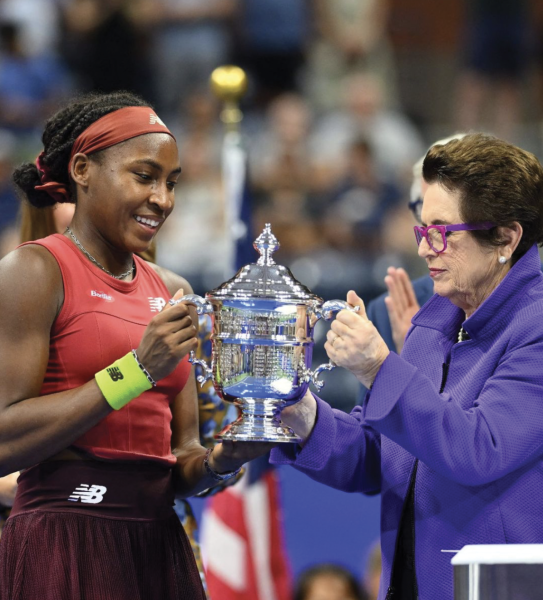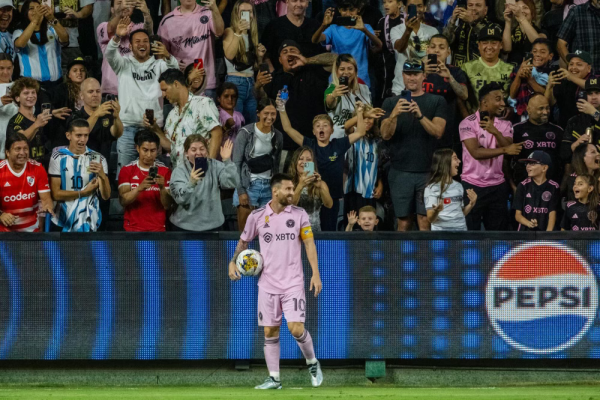COVID’s Recent Impacts on North American Sports
December 8, 2021
As the world has started to open up more with vaccination rates rising and COVID cases starting to lower, sports have also begun their return to normalcy. All of the major North American sports leagues now allow fans to attend indoor events, albeit with certain state regulations prohibiting unvaccinated people from attending and requiring the use of masks. All of this is a positive step towards the pre-COVID sports world in terms of outside engagement, but regulations and restrictions for players and staff have largely remained the same. Players and staff still have to get tested every single day for COVID to prevent spread, and have to take extra precautionary measures during road trips. Unvaccinated players have even more restrictions as they are not protected from COVID unless they have gotten the virus recently and produced antibodies. None of the major sports leagues have mandated vaccines for players, but vaccine mandates across states still affect players’ ability to play.
Two recent cases from the NBA occurred in New York and San Francisco, where physical activity indoors was not allowed without vaccination. In these cases, Brooklyn Nets guard Kyrie Irving and Golden State Warriors forward Andrew Wiggins both initially refused to take the vaccine, chalking it up to a “personal” or “religious” decision. Wiggins ended up receiving the vaccine after his claim for a religious exemption was denied, saying in an interview with ESPN that he felt “forced,” as “the only options were to get vaccinated or not play in the NBA.” Irving, on the other hand, refused to get the vaccine. This was in spite of the fact that Brooklyn’s general manager Sean Marks and owner Joseph Tsai both stated that they would not allow Irving to play unless he got the vaccine, as he would play less than half of the games without it. Irving stood firm on his stance on his Instagram live streams, and protests even erupted in support of him. Star teammate Kevin Durant expressed his disappointment, saying, “I miss Kyrie” and “We would welcome him back if he was able to.”
A controversy like Irving’s situation is not only damaging to the team on the court, but also damaging to the locker room and to the league as a whole. With Kyrie Irving’s firm stance, other players, such as Bradley Beal and Johnathan Issac, also stated their doubts towards the vaccine due to Irving leading the charge. This group of players’ influence on the general public was huge, and their lack of endorsement for the vaccine prevented many people from trusting it.
In the NFL, former MVP Aaron Rodgers tested positive for COVID but was found to be unvaccinated despite Rodgers clearly telling the media, “Yeah, I’m immunized.” An investigation was taken on the situation. It was determined and revealed that Rodgers received an unauthorized and unproven form of immunization for COVID unrelated to the vaccine, meaning that he had been violating league policy as he never wore a mask during press conferences. Rodgers’ case also created drama among the league about who was lying about vaccination status or not and cast doubts on whether all players and staff were following COVID policy.
The enormous influence that star athletes have on the general public and in their locker rooms is felt, and many people have either changed their opinion or protested with the athlete’s opinion. Based on the reaction so far, doubts on the vaccine and mandates by these high-profile athletes could shape views as the pandemic lingers.

